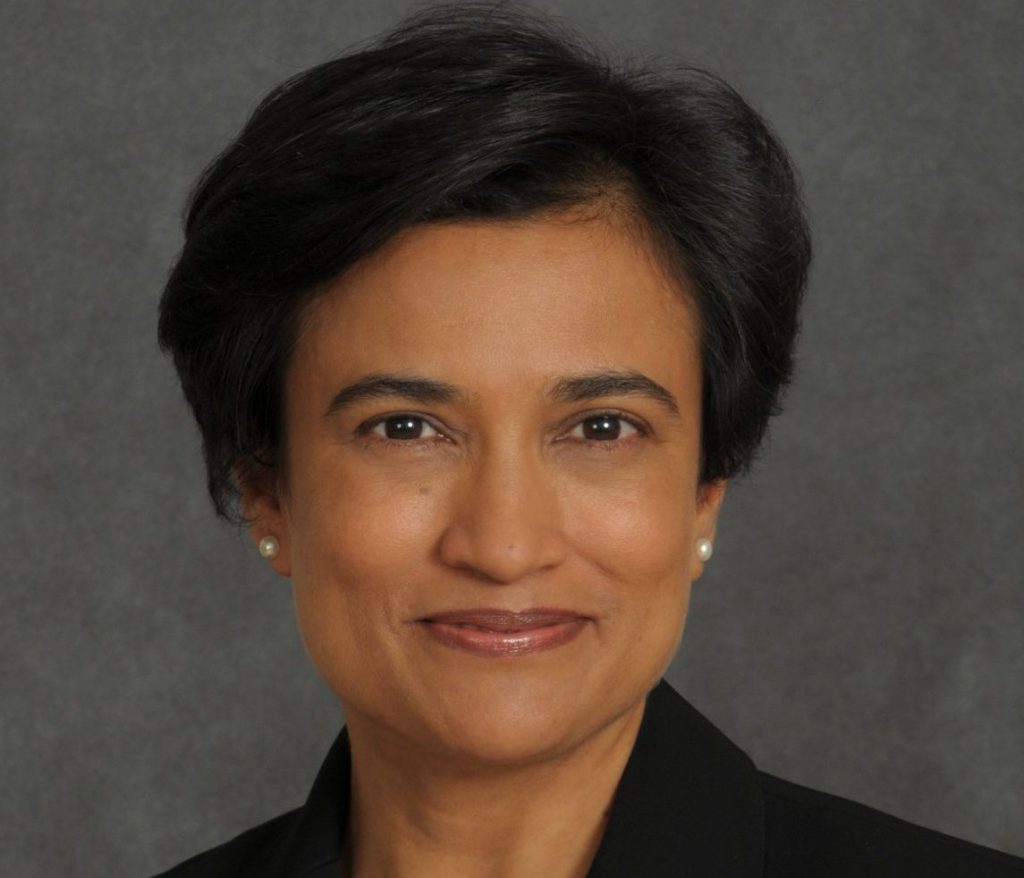Presidential Column
On Collaborations: The Challenges

There are always going to be people who are experts in security or end-user devices or collaboration or databases. That’s not going to go away. But what’s the reason all of these professions come together? To help the business transform itself.
–Satya Nadella, CEO, Microsoft
In past issues of the Observer, thoughtful discussions have detailed not only the many gains from collaborations but also several important challenges that come up when we reach across areas of expertise and disciplinary boundaries. Many of these points remain salient even as we make strides towards an era of collaborative research. For example, deep and extended discussions among collaborators with different expertise sharply increase workload and time demands. It takes persistent work at the macro-level to identify testable questions, and painstaking work at the micro-level to iron out the nitty-gritty details of varying methodologies. Collaborations also call for navigating different “cultural” practices across domains, interpreting findings from different perspectives, and aligning different vocabularies across areas of expertise. These are not easy problems to negotiate.n my March column, I wrote about how collaborations can offer exciting possibilities. These opportunities arise, for example, when collaborations advance independent, original lines of investigation or help test new integrative questions that emerge in each collaborator’s own work. Or, when collaborations benefit several disciplines or investigators by providing access to expensive technologies as, for example, physicists have done so successfully. In this column, I want to share some thoughts on the challenges associated with collaborations, as I continue my conversation with early investigators.
Beyond such challenges faced by collaborating teams, collaboration also poses some particularly thorny challenges for individual investigators. Scientists aim to make independent, original contributions to advance the field. Similarly, academic institutions pay particular attention to a scholar’s independent record of original contributions and productivity in tenure and promotion evaluations. Collaborations can potentially complicate the assessment of independent contributions. How can early investigators overcome this challenge?
Collaborations call for an important juxtaposition. We must be willing to learn, and to teach. This means that we enter collaborations because we cannot answer a question based on our own expertise and tools — or at least cannot answer it as comprehensively as we could by partnering with colleagues. We need to learn from our collaborators. At the same time, in order for the collaboration to succeed, we must offer expertise that others do not possess.
The key then lies in acquiring knowledge in multiple areas of study while offering unique expertise in collaborative ventures. In other words, it is important we become experts in some areas of specialization even as we work on a collaborative vision. Such expertise could include fluency in multiple theoretical areas and methodologies, or it could be mastery over specific domains that are essential for advancing collaborative goals. This requirement — to establish unique expertise — is also crucial for success in the evaluation process for tenure, promotion, and related milestones.
There is also the matter of collaborating with senior investigators in the process of institutional evaluations. Reasonable people can offer sensible yet different views on this subject, but the opinions often go as follows: The opportunity to collaborate with a senior investigator is a clear vote of confidence. But this also makes it potentially difficult to assess credit due to the junior investigator. As psychological science becomes increasingly collaborative, these concerns are likely to diminish and departments are likely to become more experienced at assessing the nature of collaborations and contributions. Once again, establishing clearly defined expertise can help matters by making clear the unique contributions of individual scientists within the collaboration.
Collaboration with senior investigators can also pose a logistical challenge when it comes to the selection of referees for external evaluation in tenure and promotion cases. Collaborators are typically not included as objective sources of evaluation, and this can limit the pool of evaluators who fully understand the candidate’s research. Here too, as collaborations become more common and individual expertise becomes clearly known, better mechanisms can be put in place to achieve a 360-degree view of the candidate’s work.
The question can be summed up as this: How do you establish independence in an era of growing collaboration? The answers will advance the growth of individual collaborators, the quality of collaborations, the goals of academic institutions, and the scientific process as a whole.
Further Reading
Drew, A. (2017). ‘Hello from the other side’ at ICPS 2017: Editors answer researchers’ questions about publishing integrative science. Observer, 30, 29.
Jaffe, E. (2009). Crossing boundaries: The growing enterprise of interdisciplinary research. Observer, 22, 10–13.
Sprunger, J. G. (2017). The benefits of engaging in collaborative research relationships. Observer, 30, 42–43.





APS regularly opens certain online articles for discussion on our website. Effective February 2021, you must be a logged-in APS member to post comments. By posting a comment, you agree to our Community Guidelines and the display of your profile information, including your name and affiliation. Any opinions, findings, conclusions, or recommendations present in article comments are those of the writers and do not necessarily reflect the views of APS or the article’s author. For more information, please see our Community Guidelines.
Please login with your APS account to comment.